Your cart is currently empty!
Orange Peel
$12.00
Dried tangerine peels have a lot of desirable qualities to practitioners of traditional Chinese medicine. In the Compendium Of Materia Medica, the work of Ming Dynasty herbalist Li Shizhen, the peels are said to “cure a hundred illnesses” and their ability to relieve body heat and dampness. The dried zests have a sharp and bitter taste and can help to nourish the spleen and lungs, and clear the throat of phlegm. Simply soaking them in hot water and then drinking the liquid is an effective remedy for coughs and phlegm.
Description
Pin Yin: Chen Pi (Citrus reticulata/Tangerine Peel), Qing Pi (Unripened Green Tangerine Peel), Zhi Shi (Citrus aurantantium/Immature Fruit of Bitter Orange)
Also Known As: Chen Pi – Translates as, “Aged Peel.” Qing Pi – Translates as, “Green Peel.” Zhi Shi – Translates as, “Immature or Bitter Orange.”
Meridians: Chen Pi – Lung, Spleen, Stomach. Qing Pi – Gallbladder, Liver, Stomach. Zhi Shi – Large Intestine, Spleen, Stomach.
Key Actions: Chen Pi – Regulates Qi, Supports the Middle Jiao, Supports Spleen Qi, Dries Damp, Transforms Phlegm, Helps Prevent Stagnation.
Qing Pi – Spreads Liver Qi, Dissipates Clumps, Dries Dampness, Raises Blood Pressure.
Zhi Shi – Reduces Accumulation, Directs Qi Downward, Unblocks the Bowels, Expels Distention, Used with Qi-Tonifying Herbs, Raises Blood Pressure.
Medicinal Uses: Chen Pi – bloating, nausea, fullness, belching, vomiting, damp coughs with heavy chested feeling, congestion, copious viscous phlegm, loss of appetite, fatigue, loose stools, used with tonifying herbs to prevent stagnation caused by use of sweet tasting herbs.
Qing Pi – pain in the chest, breast, or hypochondriac regions, food stagnation with epigastric pain or distension, malarial disorders, especially useful for breast abscesses.
Zhi Shi – abdominal pain, distention, gas, constipation, Qi stagnation caused by accumulation, fullness in the chest, rectal prolapse, uterine prolapse.
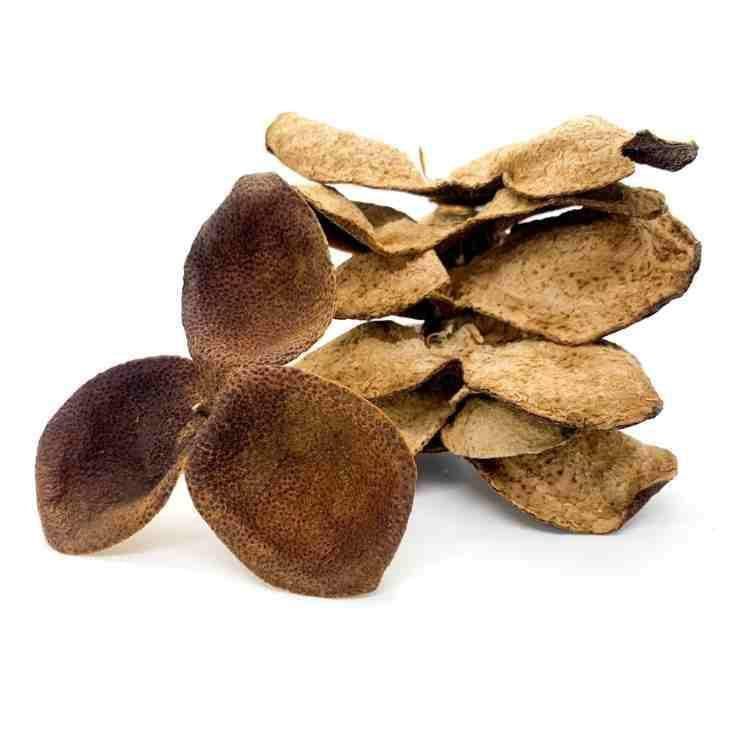
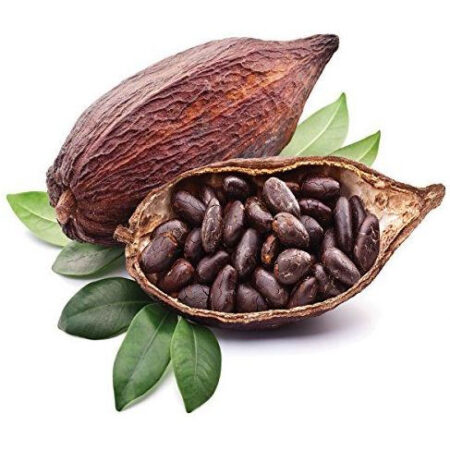
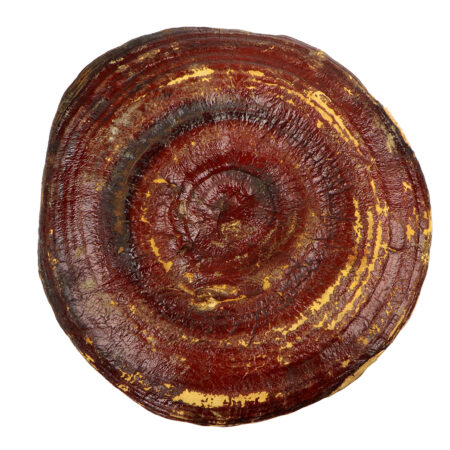
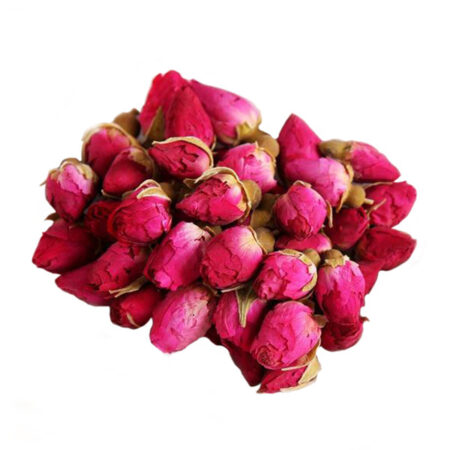
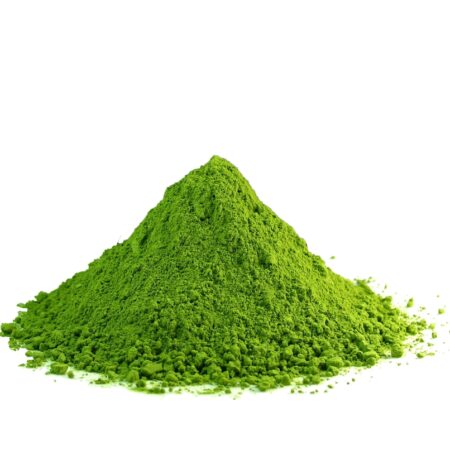
Reviews
There are no reviews yet.